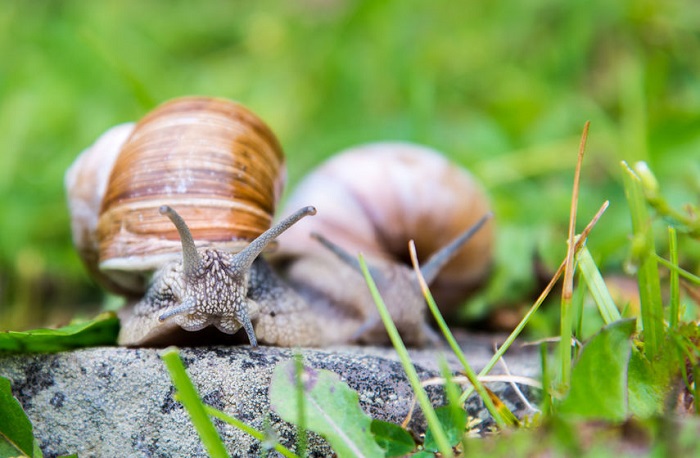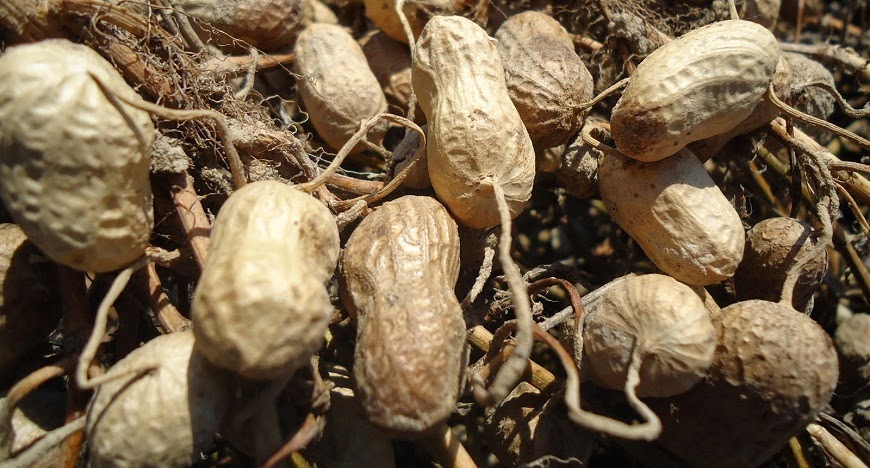For thousands of years, humans have grown flowers with love and affection. Flowers have been prized for their beauty, aroma, and ceremonial significance. But have we ever considered the incredible effect they have on our emotional well-being? Here are 5 ways flowers affect your emotions for the better.

There are many studies on the psychological and physiological effects of exposure to flowers. For example, one study found that parasympathetic nerve activity was enhanced when viewing roses. This finding suggests a simple method to decrease stress and improve the emotional health of the human brain.
Who has not ever appreciated a flower arrangement placed on a table? Flowers can help improve stress in daily life from the point of view of preventive medicine.
5 ways flowers affect your emotions for the better
Here are some surprising ways that flowers have a positive effect on your emotions:
1. Flowers affect your emotions through smell
Today, herbalists cultivate and study flower essences, and many naturopaths and other professionals use and prescribe flowers to treat emotional conditions for which traditional medicine may lack a cure, including pain, depression, mental confusion, and uncertainty.
The flowers are very subtle and soft. They don’t change your personality or mood. What they do is help your body deal with states of emotion like fear or anger.
Flower essences basically work to balance negative states of mind. When you have an emotion like anger, resentment, insecurity, or fear, you may experience an uncomfortable sensation within your body.
For example, anger can make your heart race, depression can cause fatigue, lack of confidence can cause shyness, fear can stop you.
The combination of certain smells and colors has mental, emotional, and sometimes physical healing qualities. Lavender and rose can help with insomnia, depression, and anxiety. The sweeter scents of flowers have been shown to improve social behaviors, such as a willingness to help others.
2. There are flowers that are healing taken in teas
Flower tea is a variety of health-care beverages, which is made by collecting, drying, processing the buds or petals of flowering plants. They can be taken independently or mixed with other types of tea.
Some flowers, such as begonias, are said to have physical healing aspects; When infused in hot water, they can eliminate headaches and decrease toxins in the body. Many plants and flowers are made into a tea to get the best of the healing qualities.
The most commonly used flowers to make flower tea are jasmine, globe amaranth, chrysanthemum, peony, rose, violets, and marigold (marigold).
All of these flowers are most often used in Chinese medicine and to make pure flower tea. Depending on the flower, you can expect different health benefits.
Calendula is often used for its calming and anti-inflammatory properties, peony to relieve stress, jasmine to treat a wide range of liver problems, and chrysanthemum to cool the body.
Violets are not only very beautiful, but they also have exceptional health benefits including a calming cough and an anti-inflammatory.
Depending on the flower used, your tea will also taste different. If combined with white tea leaves, flower tea can have more anti-aging properties. On the other hand, black tea will offer much higher levels of caffeine, making it perfect for an afternoon tea break to boost energy levels.
3. Through color
Color plays a key role in sensory perception. It is amazing how flowers influence our emotions.
Red, for example, is said to improve performance on tasks that require great attention to detail. It is also associated with love and romance and could have a positive effect on the immune system.
Blue has been said to enhance creative thinking. It is also associated with calm and dependability. Blue flowers are special to create these environments.
Violet can have a calming effect on the mind and nerves. It lifts your spirits and encourages creativity.
Yellow in flowers further embellishes the flowers as it is considered the happiest color in the spectrum. We associate it with sunlight and it induces happy and radiant feelings. It is also a cheerful color that encourages interaction. Additionally, yellow is said to stimulate memory and the nervous system.
Orange flowers convey optimism and encourage communication. It is also associated with conviction and success.
The pink color in flowers has long been associated with playfulness. Brighter pinks may stimulate energy, while softer shades convey gentleness and romance.
4. Through your care through gardening
Taking care of flowers gives us a sense of responsibility and increases self-esteem. In a sense, caring for beautiful flowers becomes a little labor of love. You can enjoy watching them bloom, knowing that you have cared for them every step of the way.
While you help the flowers to grow, the flowers also give you peace of mind. You feel a sense of accomplishment as you nurture new growth. We often find value in having something to care for that depends on us to survive.
The gardens are traditionally peaceful. When you are surrounded by flowers, it encourages you to be attentive to all of your senses. Being still and enjoying the present moment can help reduce anxiety, even on a subconscious level.
5. By increasing contact with your loved ones
Finally, flowers are an amazing way to show your interest in someone. When we give flowers to someone special, it brings happiness to both ourselves and the recipient. Just the sight of beautiful indoor flowering plants can spark conversations.
Do you know someone who might have a boost today with flowers? You may feel depressed yourself. Let’s take advantage of the benefits of flowers to improve the emotional well-being of ourselves and those we love.
As always, keep in mind that the information we present is not a substitute for medical treatment. It is always worth consulting your qualified healthcare provider with specific questions or concerns related to your health.
And we close with this quote from the great American botanist Luther Burbank. It really sums up the way we feel about flowers:
‘Flowers always make people better, happier and more helpful; they are sun, food and medicine for the soul ”.







